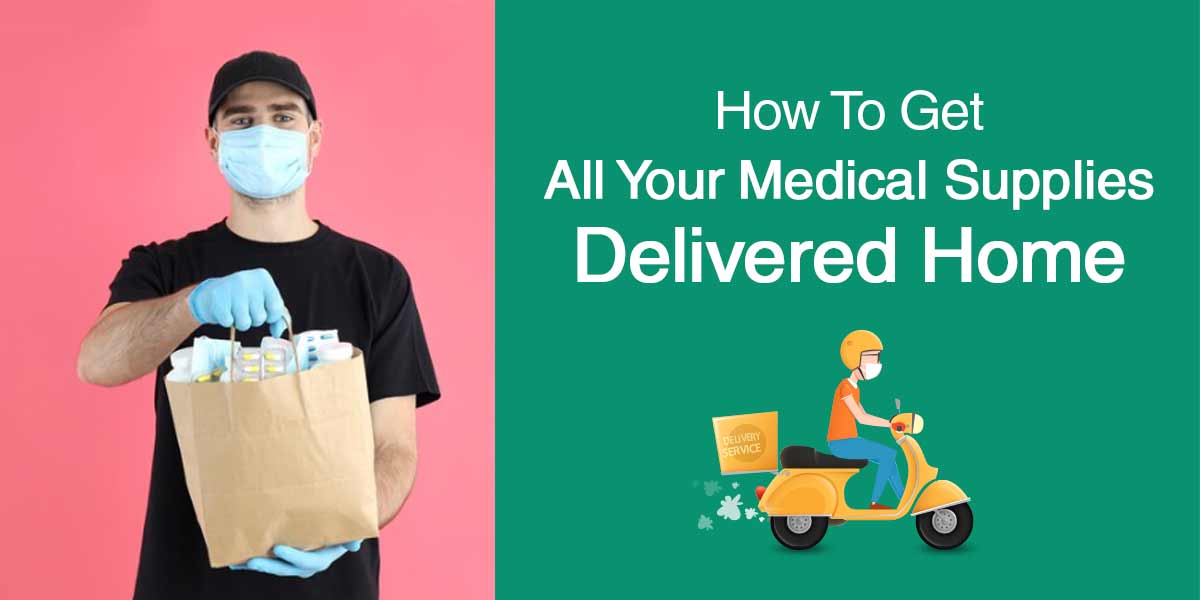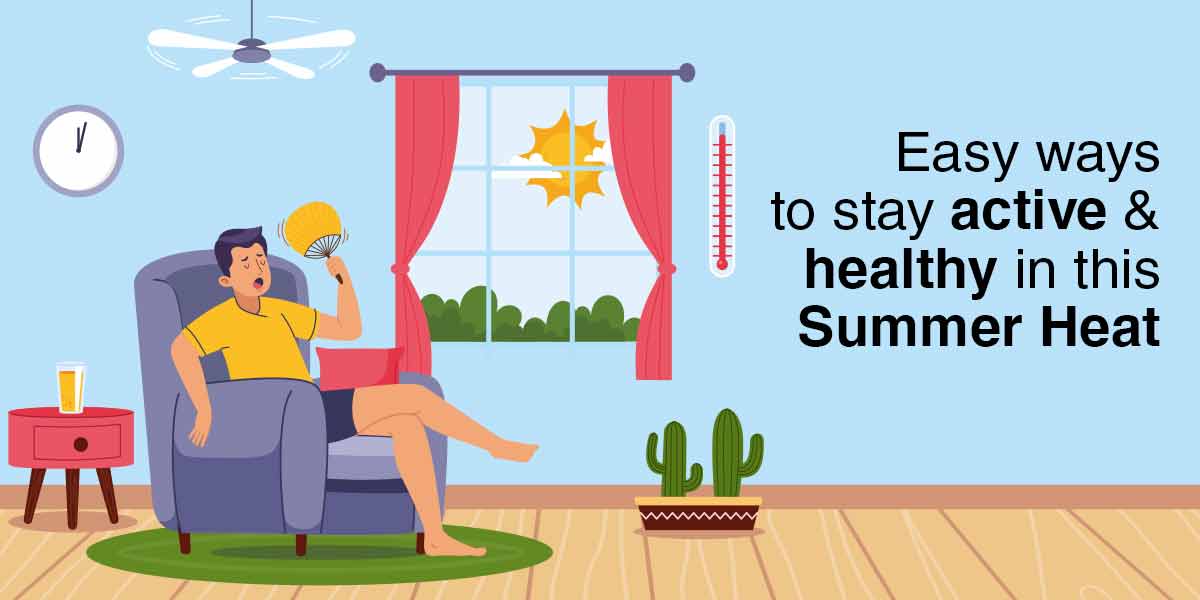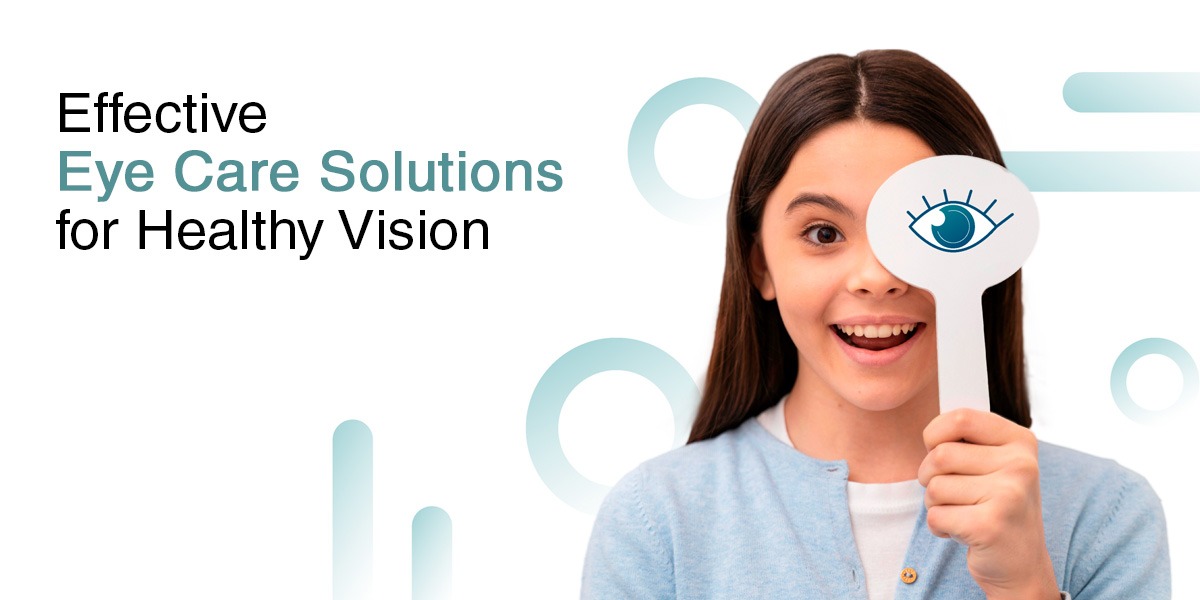Over-the-counter (OTC) medications are the most trusted companions of all individuals when it comes to managing minor health problems. Whether you wake up with bloating or feeling a little under the weather, the first thing you’d do is pop OTC medicines. These medicines are reliable sidekicks for individuals of almost all ages.
So, what exactly are OTC medicines?
Well, they are non-prescription drugs that you can purchase directly from your local pharmacy or even from supermarkets and convenience stores. These medicines are designed to help alleviate common symptoms such as headaches, fever, coughs, colds, allergies, and a whole range of other minor health concerns.
Unlike prescription drugs, which require a doctor’s approval, OTC medicines provide easy access to effective remedies. They come in various forms, including tablets, capsules, liquids, creams, ointments, and even sprays, offering diverse options to cater to your specific needs.
Which conditions can be treated with OTC Medicines?
OTC medicines usually help with minor health issues that crop up in our daily life. Pain, headache, sprain, cramps, stomach upset, sore throat, fever, cough, nausea, nose congestion, and other similar ailments can be treated with OTC medicines. In fact, you should keep these medicines at home for emergencies.
However, it should be mentioned here, pregnant and breastfeeding women and individuals with chronic illnesses should always consult their doctor before taking OTC medicines. OTC medicines may interfere with your ongoing treatment or have different effects.
Guide to Over-the-Counter Medicines
The primary reason why individuals rely on OTC medicines is their convenience. You don’t need to schedule a doctor’s appointment or wait in line at the clinic. Just walk into your nearest pharmacy store and get the OTC drugs you require. However, it’s important to remember that while OTC medicines are generally safe when used as directed, they still carry risks if misused or taken in excess. It’s crucial to carefully read and follow the instructions and warnings on the packaging, and if you have any doubts or concerns, consult with a healthcare professional.
It’s time to become an informed consumer. Here’s a comprehensive guide to over-the-counter (OTC) medication that will come in handy the next time you visit the pharmacy store.
- Read the label carefully.
First things first! Before popping any OTC medicine, take a moment to read that little label. It holds all the important information you need. Pay attention to the dosage instructions, warnings, and possible side effects.
- Check the symptoms before choosing a medicine.
Let’s be real here, nobody wants to go overboard. When choosing an OTC medicine, pick one that targets the specific symptoms you’re facing. If you’ve got a runny nose, go for a decongestant. If your head feels like it’s been hit by a hammer, grab a pain reliever. Simple as that!
- Avoid certain compositions.
There are certain ingredients that you should avoid, especially if you have allergies or existing health conditions. So, make sure you check the ingredients well and know what it does. Better safe than sorry, right?
- Ask before you use.
When in doubt, don’t hesitate to ask. If you’re taking other medications or have underlying health issues, it’s always wise to consult with a healthcare professional. They can give you the green light or suggest safer alternatives.
- Stick to the recommended dosage.
Stick to the recommended dosage and don’t go overboard. Taking more than prescribed won’t speed up your recovery-it might just lead to unwanted side effects. Also, do not combine OTC drugs without consulting an expert.
- Be more careful when it comes to children and infants.
Our little ones deserve extra care, right? When it comes to giving non-prescription medicines to infants and children, always follow the age and weight guidelines. It’s crucial for their safety and effective treatment.
- Don’t use expired medicines.
Lastly, check those expiration dates and bid farewell to any expired OTC medicines. They might not be as effective or could even cause harm.
Remember, being a self-care ninja means being informed and responsible because you are taking charge of your health. With these tips for OTC medications in your arsenal, you’re ready to conquer minor ailments like a pro. But yes, never hesitate to consult a healthcare professional in case confusion arises.





